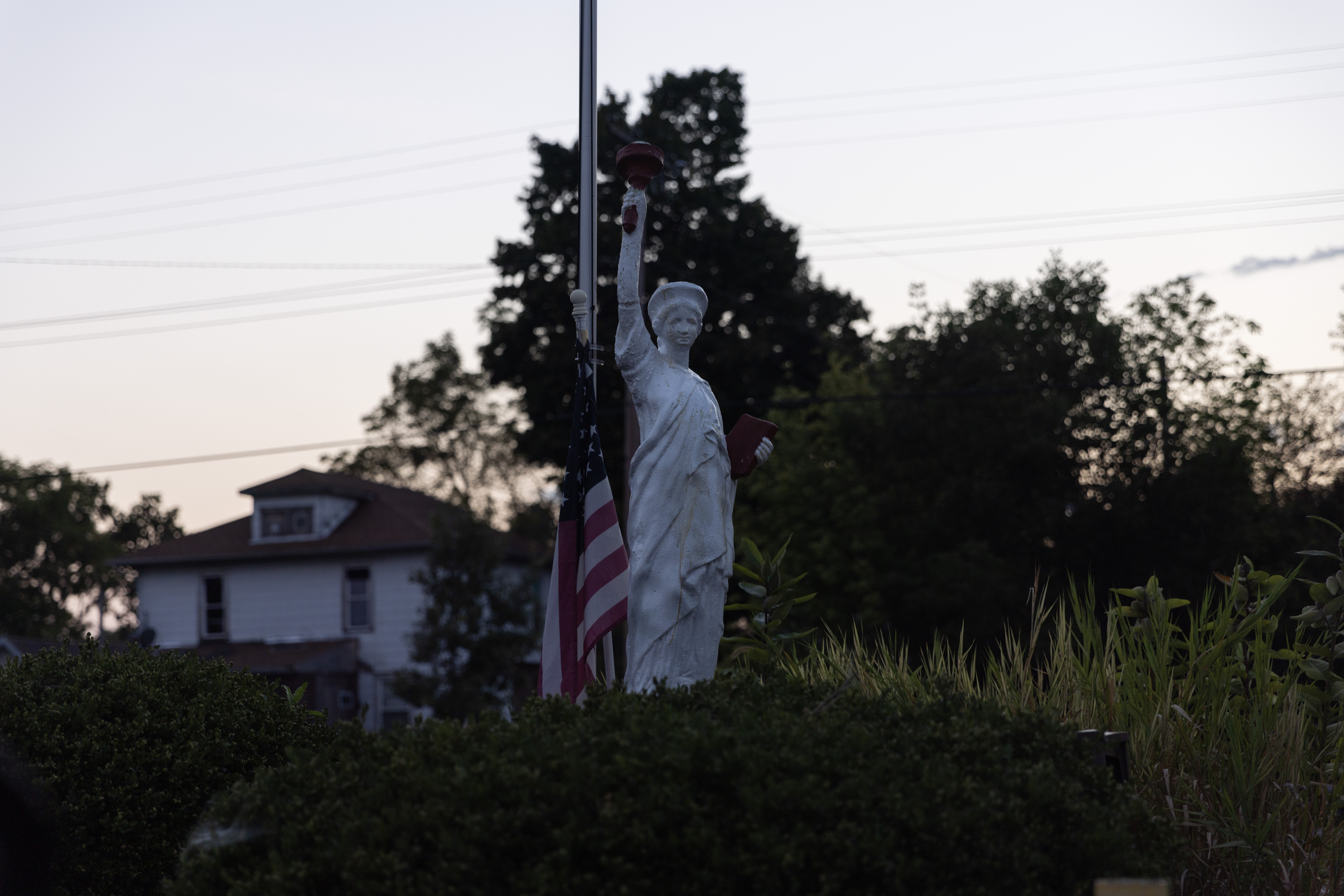
Opinion editor’s note: Strib Voices publishes a mix of guest commentaries online and in print each day. To contribute, click here . ••• Sen.
JD Vance is wrong. Haitians aren’t a drag on this country. We have been building America from the very beginning.

From Jean Baptiste Point du Sable, the Haitian founder of Chicago to the countless contributions of Haitian immigrants today, we are part of this nation’s progress. My family’s story is just one thread in that tapestry. In 1994, my father fled Haiti amid political violence, seeking asylum in the United States.
I was 4 years old, too young to understand the gravity of his decision, but old enough to feel its impact. We settled in under-resourced neighborhoods in Florida. Growing up, I lived in constant terror — not just from poverty, but from the stereotypes surrounding Haitians.
In middle school, kids mocked our accents and food. Many Haitian children were afraid to admit where they were from. As I grew older, that fear turned into pride.
Being Haitian wasn’t something to hide — it was a badge of resilience. Our culture is strong, and despite misconceptions, we have contributed meaningfully to this country. I moved to Minnesota 10 years ago to start a nonprofit supporting entrepreneurs and to reunite with my college sweetheart.
Today I advise senior leaders and institutions all over the country on innovation, workforce and infrastructure. Minnesota is leading the country on how the private sector, philanthropy and the public sector can work together to tackle complex regional challenges and I am proud to be at the forefront of that effort with the GroundBreak Coalition and the city of Bloomington. From my childhood in neglected neighborhoods to standing in rooms with decisionmakers shaping cities, I often ask: Is this not the American dream? But that story is constantly overshadowed by harmful misconceptions about immigrants, especially those from Haiti.
Take vice presidential candidate Vance’s recent remarks where he didn’t just recycle the tired stereotype of “dirt cookies,” but fabricated a grotesque lie about immigrants “eating cats and dogs.” This kind of rhetoric isn’t just offensive, it’s dehumanizing. By spreading false imagery, Vance portrays migrants as a threat, implying we’re taking something from everyday Americans.
Worse, these stereotypes have real consequences. We’ve seen bomb threats and violence against immigrant communities, driven by fear mongering. Haitians have faced hardships, but we are survivors, builders and innovators.
Over the past week, I’ve gotten many calls from people frustrated by these harmful stereotypes. It shows me that people are fighting back against these narratives. There is a growing push to reject these distortions and embrace the reality of our contributions.
My father didn’t come to America expecting handouts. He left everything behind because he believed in America’s promise — a land where, through hard work, his children could achieve more than he ever could. And while the rhetoric of politicians continues to question the worth of people like my father, I stand as living proof of the value immigrants bring to this country.
My journey from growing up in Florida’s poorest neighborhoods to leading billion-dollar projects reflects the power of opportunity. This, too, is Haiti’s story — a story of resilience and progress. Despite this, people like Vance frame immigrants, especially those from Haiti, as burdens.
When comments like his are made, they reinforce the dangerous narrative that immigrants are “other,” that we don’t belong. But nothing could be further from the truth. My father, though he couldn’t read or write, contributed to this country with his labor and dreams.
He believed in America, and that belief set the stage for my journey. Today, as I lead projects that build stronger economies, I carry his legacy and Haiti with me. America is strongest when it recognizes that its greatest asset is diversity.
It’s the stories of people like my father who arrived here with hope that fuel this nation’s progress. Our resilience and determination propel this country forward. The American dream isn’t just a slogan.
It’s lived by millions who, like my father, sacrificed everything for a better life. We are doctors, teachers, and business leaders. And for those of us from Haiti, resilience is woven into our lives.
When Vance and others reduce Haiti to despair, they miss the bigger picture. Haitians, like all immigrants, are more than the struggles we’ve endured. We are part of the American dream.
As I stand here today, a testament to my father’s journey, I challenge others to broaden their understanding of what it means to be American. Haiti is not a monolith of poverty and struggle. It’s a country of people who believe in a better future.
And that future is being built right here, in the U.S., by people like me who rise from impossible circumstances and continue to believe in the promise of America.
Is this not the American dream? Jeff Aguy is the CEO of 2043 Corp., and leads commercial development and entrepreneurship for the GroundBreak Coalition. He lives in Maple Grove.
.














